All human unhappiness comes from not facing reality squarely, exactly as it is
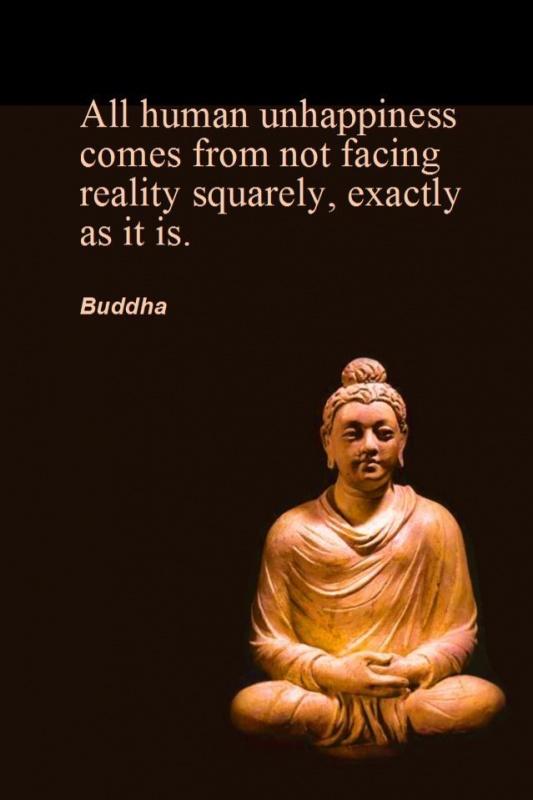
All human unhappiness comes from not facing reality squarely, exactly as it is
Human unhappiness is a complex and multifaceted emotion that can stem from a variety of sources. However, one common thread that runs through many instances of unhappiness is a refusal or inability to face reality squarely, exactly as it is. This quote, often attributed to the philosopher and writer Blaise Pascal, highlights the idea that much of our suffering comes from our tendency to avoid or distort the truth of our circumstances.When we fail to confront reality head-on, we create a gap between our perception of the world and the actual state of affairs. This dissonance can lead to feelings of confusion, frustration, and ultimately, unhappiness. For example, someone who is in denial about a failing relationship may continue to cling to false hope, only to experience greater pain and disappointment when the truth eventually comes to light. In this way, avoiding reality can prolong our suffering and prevent us from moving forward in a healthy and productive manner.
Furthermore, when we refuse to acknowledge the truth of a situation, we may also miss out on opportunities for growth and self-improvement. By facing reality squarely, we can identify areas where we need to make changes or seek help, leading to a greater sense of empowerment and agency in our lives. In contrast, denying reality can leave us feeling helpless and trapped in a cycle of negative emotions.
It is important to note that facing reality does not necessarily mean accepting it passively or resigning ourselves to our circumstances. Instead, it involves a willingness to engage with the truth, no matter how difficult or uncomfortable it may be. By acknowledging the reality of our situation, we can begin to take steps towards finding solutions and creating a more fulfilling and meaningful life.

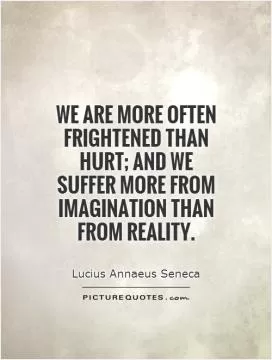

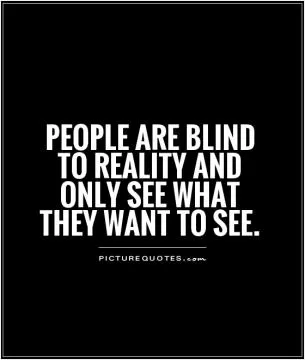
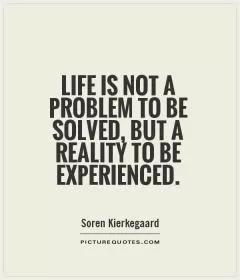


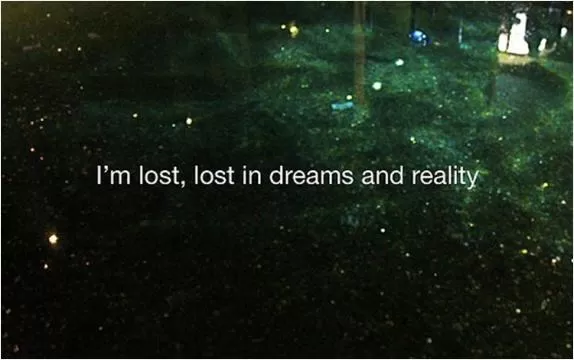



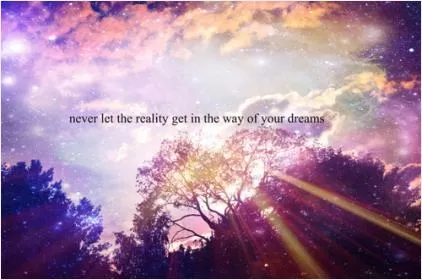
 Friendship Quotes
Friendship Quotes Love Quotes
Love Quotes Life Quotes
Life Quotes Funny Quotes
Funny Quotes Motivational Quotes
Motivational Quotes Inspirational Quotes
Inspirational Quotes